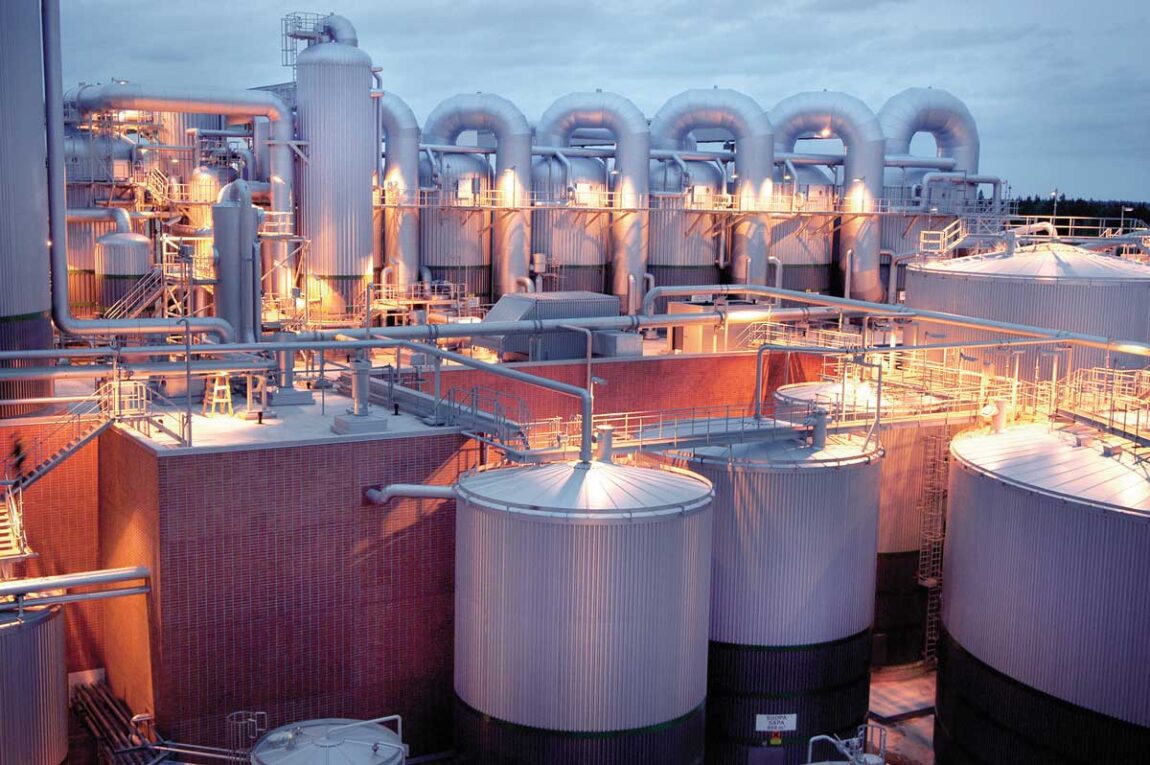Petrochemicals are organic chemicals that are derived from petroleum or natural gas. These chemicals serve as basic building blocks or feedstocks for the production of an array of products that we use in our daily lives.
What are petrochemicals?
Petrochemicals refer to the group of chemicals derived from petroleum or natural gas through refining and cracking processes. Petroleum and natural gas mainly consist of hydrocarbon molecules having varying molecular weights. During refining and cracking, these hydrocarbon molecules are broken down and recombined into lighter hydrocarbon molecules which can then be converted into various petrochemicals.
Some of the major petrochemical feedstocks obtained from petroleum refining include ethylene, propylene, butadiene, benzene, toluene and xylenes. These basic petrochemical feedstocks are then processed further through chemical reactions like polymerization, alkylation etc. to derive multitudes of derivative petrochemicals. Examples include polyethylene, polypropylene, purified terephthalic acid, styrene, etc.
Production of petrochemicals
Petrochemicals are produced on a huge industrial scale through complex refining and petrochemical cracking processes. The various stages involved in production are:
– Crude oil/natural gas processing: Raw materials are separated and treated to extract saturated and unsaturated hydrocarbon components.
– Thermal cracking: Heavier hydrocarbon fractions are cracked at high temperatures (around 800°C) in the absence of oxygen to produce lighter hydrocarbon molecules. This yields petrochemical feedstocks like ethylene and propylene.
– Catalytic cracking: Similarly, catalytic cracking uses zeolite catalysts at lower temperatures (around 520°C) to crack hydrocarbons into smaller, more valuable molecules.
– Reforming: Heavier aromatics are converted through dehydrogenation to produce benzene, toluene and xylenes.
– Fractionation: Separation of cracked products into individual feedstocks by distillation, absorption etc.
– Derivative production: Refined feedstocks are chemically converted through polymerization, alkylation etc. to make a wide range of derivatives.
Petrochemical derivatives and their uses
The petrochemical feedstocks obtained above serve as raw materials for producing a plethora of commodity and specialty petrochemical derivatives with extensive applications:
Plastics
– Polyethylene (grocery bags, plastic bottles), Polypropylene (textiles, automotive parts), PVC (pipes, flooring, wires), Polyester (clothing, containers), Nylon (fibers, clothing), Polyurethane (foams, elastomers)
Solvents
– Benzene (rubbers, plastics, nylon), Toluene (paints, adhesives), Xylene (paints, inks)
Synthetic fibers
– Polyester fibers, Nylon, Spandex
Surfactants and detergents
– Linear alkylbenzene sulfonates, Fatty alcohols
Resins
– Epoxy and polyurethane resins, polyethylene resins
Impact of petrochemical industry
The petrochemical industry has witnessed immense growth in the last few decades and has significantly influenced economies and daily lives globally. Some of the impacts are:
– Economic growth: It is a major industry worth billions providing jobs. The plastic industry alone contributes $400 billion to the global economy annually.
– Use of resources: It consumes around 6% of global oil and gas production as raw materials. There is a growing need to explore renewables.
– Plastics pollution: Improper disposal of plastic has caused environmental pollution. Microplastics are entering the food chain. Sustainable alternatives are being developed.
– Synthetic textiles: The man-made fiber industry has revolutionized clothing. Though cotton still dominates, synthetics dominate specific applications.
– Agricultural benefits: Petrochemical-derived fertilizers, pesticides boost agricultural yields. However, overuse causes ecological issues.
– Medical advances: It contributes to key materials in industries like pharmaceuticals and healthcare devices improving lives.
– Energy security: It has helped establish energy security and independence for nations with either feedstock reserves or petrochemical infrastructure.
Petrochemicals have emerged as one of the largest and most important industrial sectors globally. Riding on inexpensive feedstocks, it has enabled mass production of a broad range of commodity and specialty chemicals that are integral to our daily lives. While it has powered economies and innovation, the industry also faces challenges around sustainability and ecological stewardship. Innovation in renewable feedstocks and green chemistries will play a major role in the evolution of this vital sector.
*Note:
1. Source: Coherent Market Insights, Public sources, Desk research
2. We have leveraged AI tools to mine information and compile it

